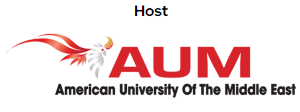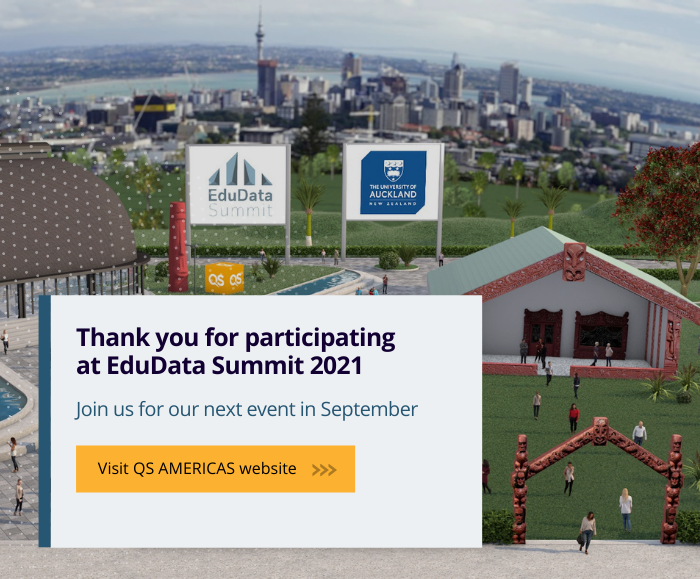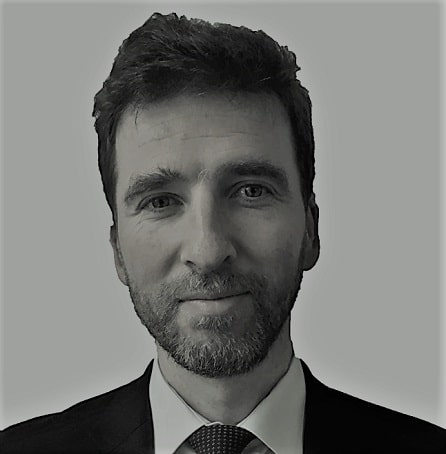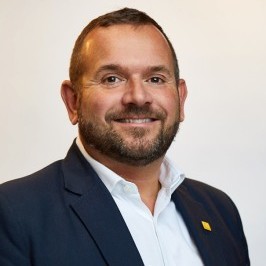Call For Proposal
The deadline to submit your proposal is 25 March 2024.
Proposals will be evaluated on how well they fit within the theme and applicants will be informed about the outcome of the evaluation as soon as possible.
Tracks and Topics
This focus involves strategies in building the global reputation and brand of universities through international partnerships, communicating research and cultural programmes. By engaging globally with their counterparts, as well as attracting diverse talent from outside the region, institutions can improve the quality of their education, research, and overall branding.
This focus involves preparing students for the workforce and ensuring that they have the suitable skills and knowledge needed to succeed in their careers. It includes initiatives such as career services, internships, and partnerships with employers. By focusing on employability and outcomes, higher education institutions can help students achieve their career goals and contribute to the economy.
This focus explores how universities can advance knowledge and innovation through their research and discovery, and contribute to knowledge transfer, which in turn also builds their reputation and brand globally. Discussions include the processes in establishing research agendas, the training of future researchers and scholars, partnerships, as well as funding challenges and opportunities.
This focus involves promoting environmental, social and governmental sustainability and responsibility within universities’ curriculum and operations. Such responsibilities include addressing issues of inequality and discrimination, changing current behaviours to be more environmentally friendly, being responsive to the needs of the community, and promoting transparency and accountability.
This focus involves fostering innovation and knowledge transfer that can contribute to the global community. It includes initiatives such as research parks and incubators, partnerships with startups, as well as entrepreneurship education programmes by focusing on innovation and knowledge transfer, higher education institutions can help drive economic growth and create solutions to real-world problems.
This focus involves understanding and meeting the needs and desires of prospective students. It includes market research, recruitment strategies, and financial aid initiatives. By focusing on student demand, higher education institutions can attract and retain students, and ensure that they have the resources and support to stay relevant and make strategic decisions like curriculum, and campus development.
This focus involves understanding and influencing student motivation and behavior. It includes initiatives such as student engagement, counseling, and mental health services. By focusing on student motivation and behavior, higher education institutions can help to improve students’ learning experience, guide students in achieving their academic and personal goals, and create a positive campus climate.
This focus involves institutions’ efforts in converting prospective students into enrolled students and retaining them throughout the entire student lifecycle. It includes initiatives such as admissions strategies, marketing campaigns, technology, data and financial aid. By focusing on student conversion, higher education institutions can increase enrollment and revenue, improve their brand reputation, and increase student body diversity.
This focus involves understanding and meeting the demand for specific academic programs. It includes initiatives such as program development, accreditation, and partnerships with industry. By focusing on program demand, higher education institutions can ensure that they are offering programs that are relevant and attractive to students and employers.
This focus involves creating a high-quality learning experience for students. It includes initiatives such as pedagogical innovation, artificial intelligence channels, technology integration, and student support services. By focusing on the learning experience, higher education institutions can help students achieve their academic goals and prepare them for their careers and lifelong learning.






















